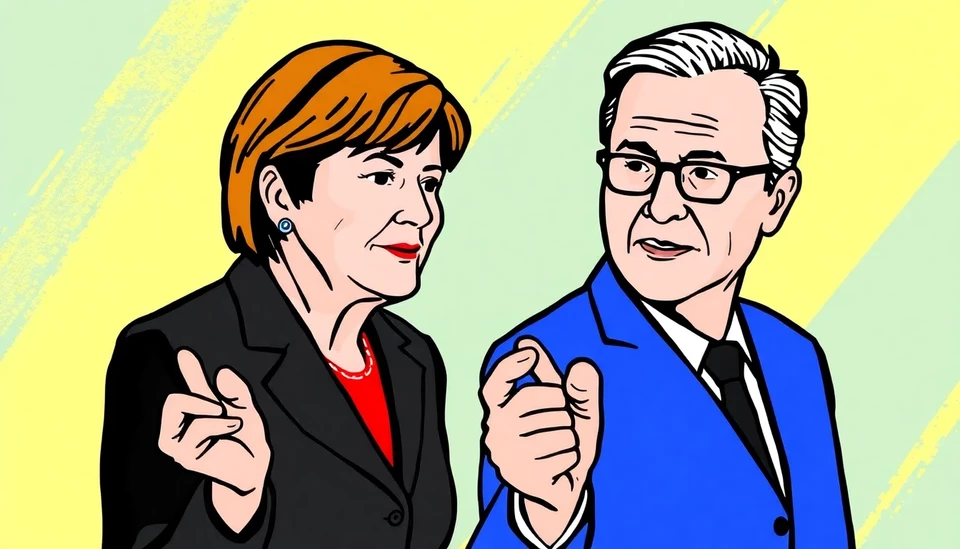
In a significant political development, Germany is grappling with uncertainty regarding key climate laws following a government reshuffle. This transition comes amid rising tensions within the coalition government, raising questions about the future of the ambitious climate agenda that has been a cornerstone of Chancellor Olaf Scholz's administration.
The recent cabinet changes have resulted in crucial positions being filled by new individuals who may not prioritize the climate initiatives as their predecessors. The ramifications of this shift have sent shockwaves through environmental groups and advocates who fear that the momentum gained over recent years in the fight against climate change may stall or regress.
As coalition partners clash over competing priorities, the stability of the existing climate policies is now in jeopardy. The Green Party, which has traditionally championed environmental measures, finds itself at a crossroads. With the newly appointed figures taking the helm, their commitment to aggressive climate regulations is an open question. Analysts are watching closely to determine how this political shakeup will affect legislation initially aimed at slashing greenhouse gas emissions by 65% by 2030 compared to 1990 levels.
One of the most pressing concerns is the upcoming discussions regarding Germany’s carbon pricing and renewable energy policies. These discussions are critical as the nation aims to transition away from fossil fuels and meet its climate targets. A delay or dilution of these policies could hinder progress and undermine Germany's long-standing role as a leader in climate action on the global stage.
In light of this turmoil, environmentalists are mobilizing to challenge any perceived retreat from climate commitments. They argue that a strong, cohesive approach is essential for the country to fulfill its international obligations under agreements such as the Paris Accord. With public opinion increasingly favoring action against climate change, the government faces the dual challenge of maintaining internal unity while responding to the urgent demands of its constituents.
The shakeup has also attracted the attention of both national and international observers, who are keen to see how Germany's internal politics will influence broader European climate initiatives. As the European Union continues to work towards ambitious climate targets, Germany’s next steps will likely have ripple effects across the continent, particularly in terms of collaborative efforts on renewable energy and emissions reduction.
As the political landscape evolves, all eyes are on Chancellor Scholz and his ability to navigate these turbulent waters. The upcoming weeks will be critical in assessing whether the reshuffled government can solidify its commitment to climate action or whether it will falter in the face of internal dissent.
In conclusion, the recent shifts within Germany’s government will undoubtedly play a pivotal role in determining the effectiveness and continuity of the nation's climate policies. Stakeholders will be watching closely for any signs of progress or setbacks in the legislative pipeline.
#Germany #ClimateChange #GovernmentReshuffle #ClimatePolicy #Environment #Sustainability #OlafScholz
Author: Sophie Bennett




